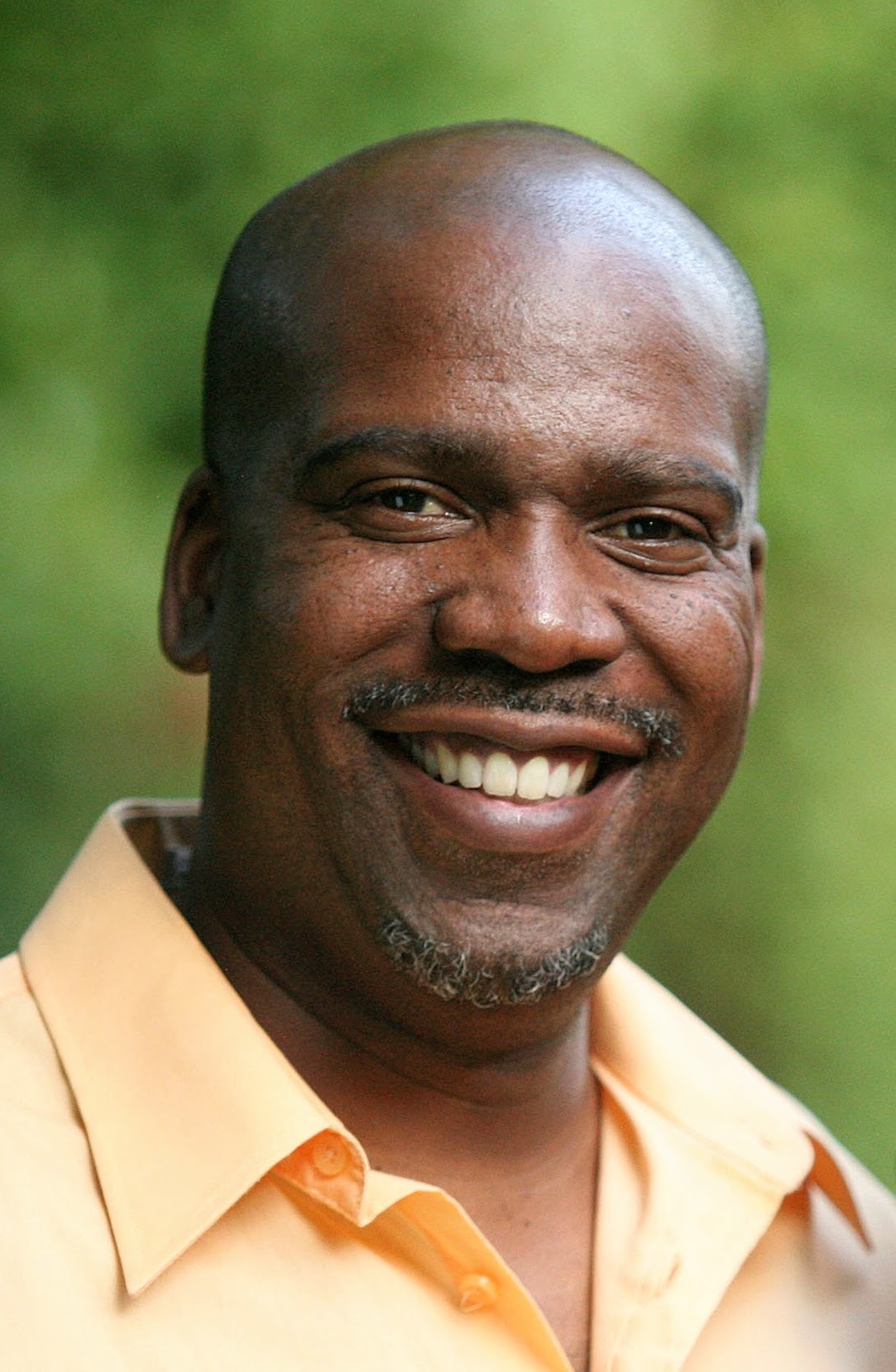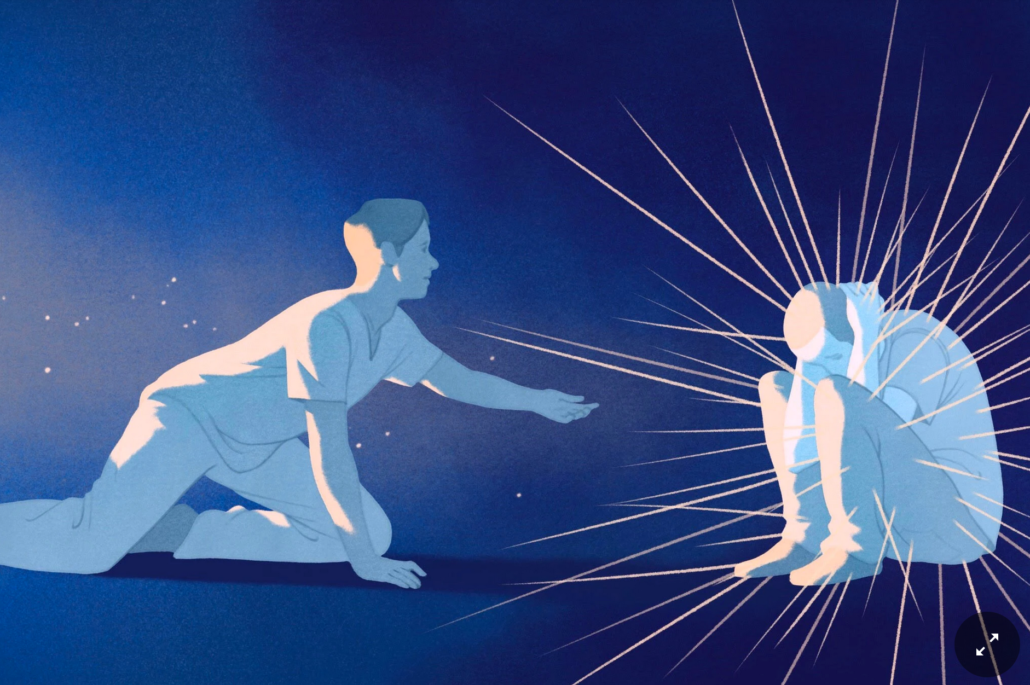Kevin Riley,
Co-Active Coach, Mental Fitness Coach
Building Emotional Safety Nets for Men
Support networks with other men can help fend off the loneliness and isolation many men experience.
By Andrew Reiner
Dec. 3, 2020
On the surface, Sean Kushigian and Jeff Compton didn’t have a lot in common before the pandemic. Mr. Kushigian, a 37-year-old banking analyst and self-described “extrovert,” surrounded himself with like-minded friends who didn’t discuss their problems and such “negative” feelings as fear and sadness, he told me, because they were a form of “weakness.” Mr. Compton, a 37-year-old chief technology officer for an online retailer and self-professed introvert, loved “being a good listener for friends’ problems,” he said.
Three months into the pandemic, these men — who live in different cities and have never met — both faced a common, defining struggle. Mr. Kushigian experienced a depth of sadness and depression he had never before known, his alcohol consumption spiked and he began having suicidal thoughts. Every time Mr. Compton went into a grocery store, “I found myself weeping,” he said, because the “panic and anxiety” he read on other shoppers’ faces mirrored back his own.
Mr. Kushigian and Mr. Compton are like many of the men I interviewed for my book on the need for greater emotional resiliency in boys and men.
As both men have discovered, the solution to their loneliness and emotional isolation is something few men have but many need: emotional support networks — with each other.
Read the full article at the NY Times. Click “Read More.”




